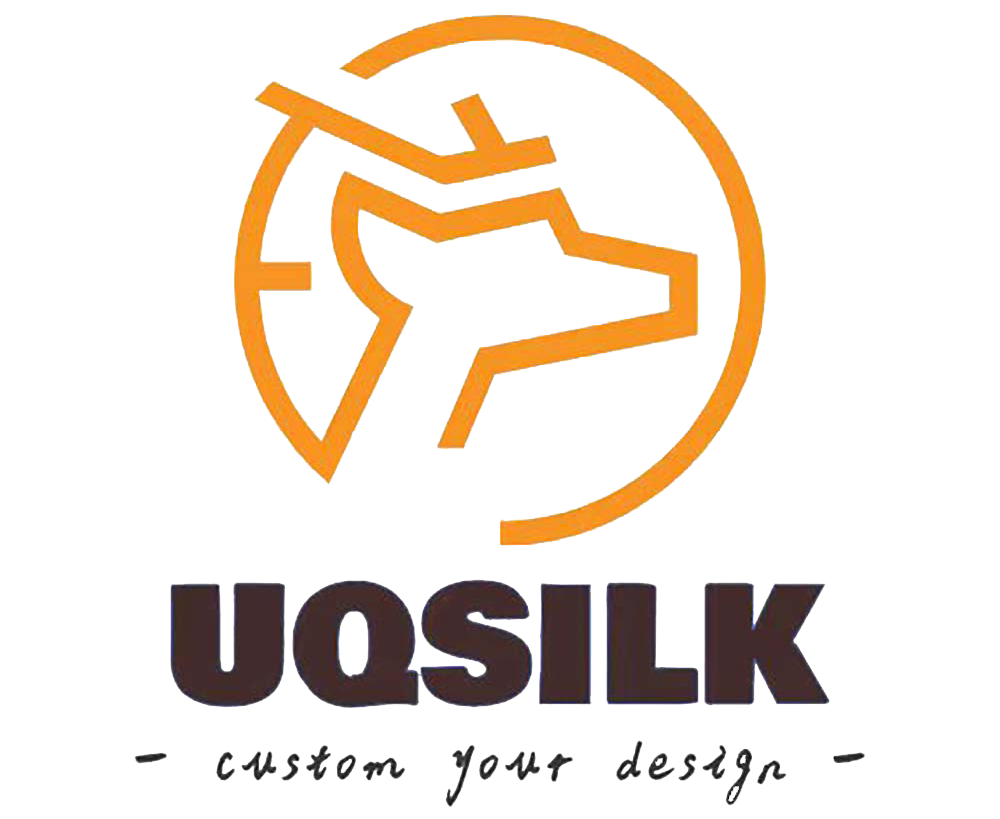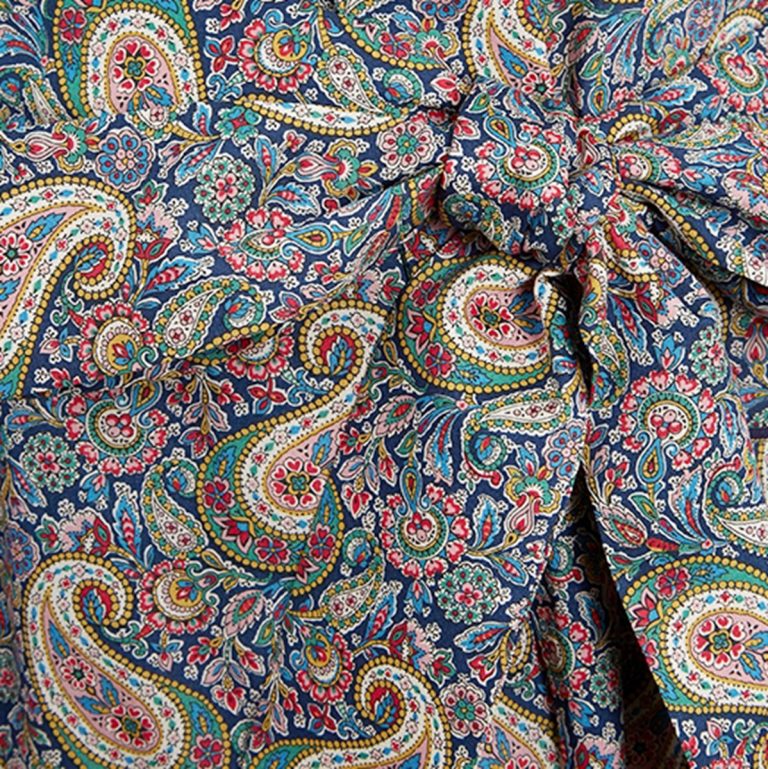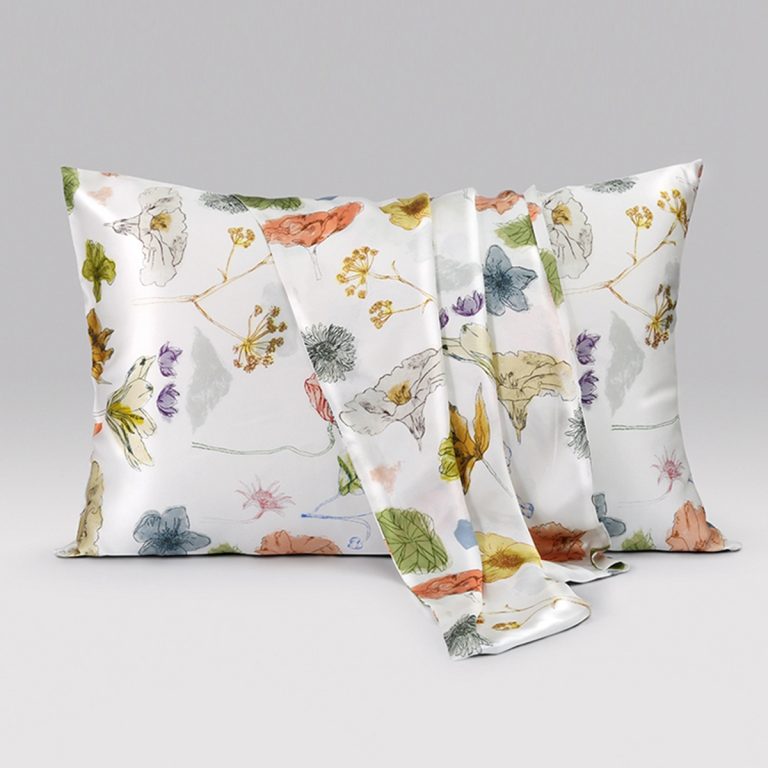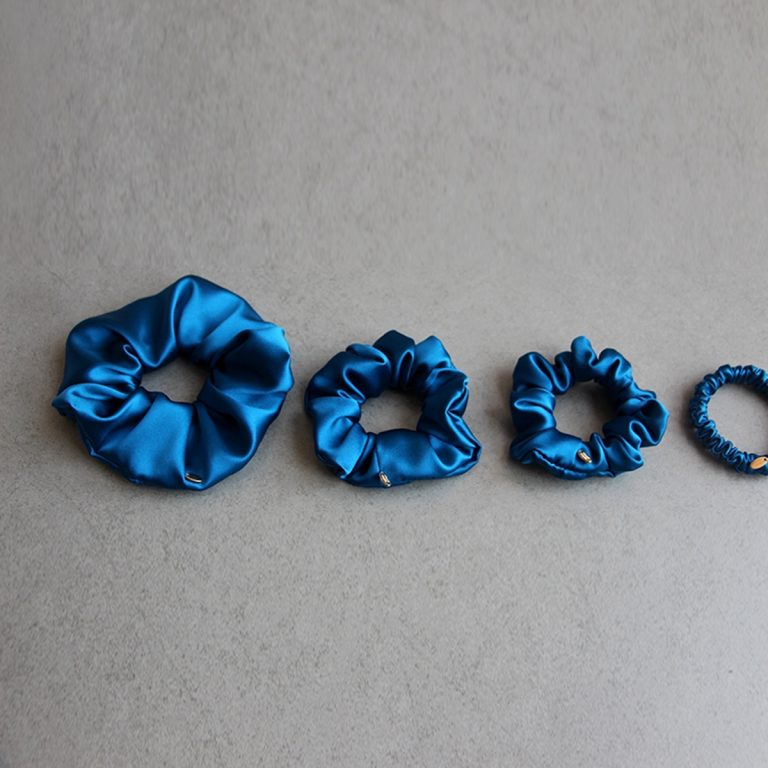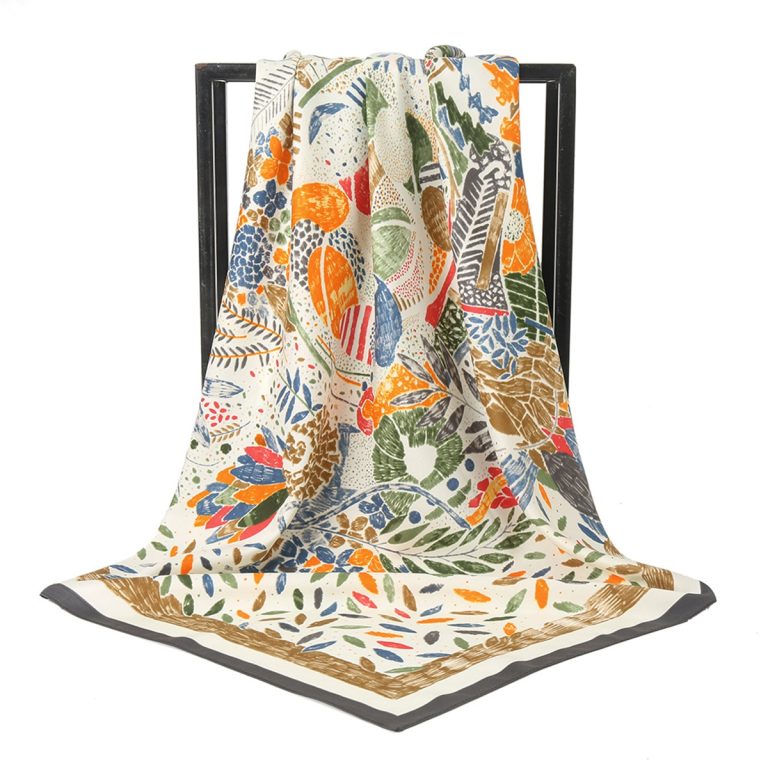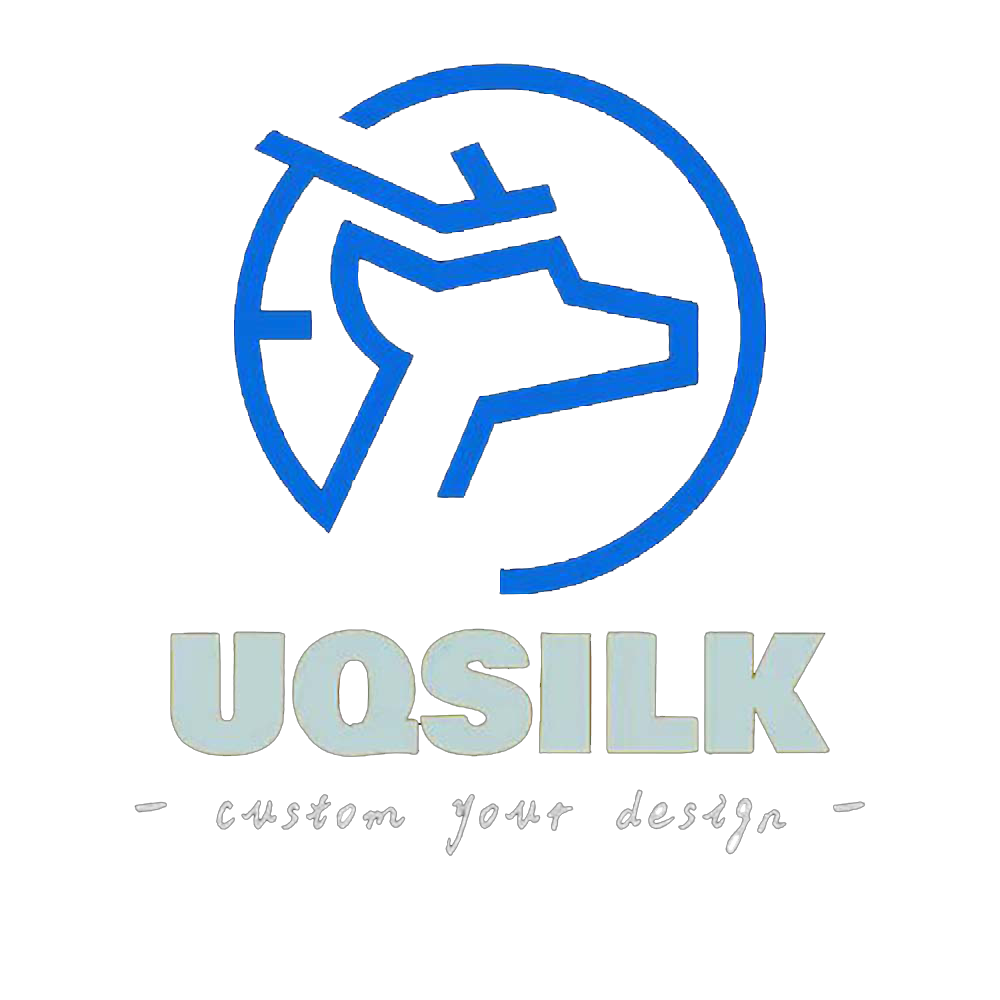Table of Contents
The Environmental Impact of custom silk scarf Production
Custom silk scarf production has long been associated with luxury and elegance. However, behind the glamour of these beautiful accessories lies a dark side that often goes unnoticed – the environmental impact of textile manufacturing. custom scarf printing and scarves companies in China, in particular, have come under scrutiny for their contribution to pollution and waste.
The process of producing Custom silk scarves involves a series of steps that can have a significant impact on the environment. From the cultivation of silk worms to the dyeing and printing of the fabric, each stage of production has the potential to harm the planet. Silk worms are typically fed mulberry leaves, which require large amounts of water and land to cultivate. This can lead to deforestation and habitat destruction, as well as water pollution from pesticides and fertilizers.
Once the silk is harvested, it is then dyed and printed with custom designs. The dyes used in this process often contain harmful chemicals that can leach into waterways and soil, contaminating the environment and posing a risk to human health. In addition, the printing process can generate large amounts of wastewater that may not be properly treated before being discharged into the environment.
Custom scarf printing and scarves companies in China are also known for their use of synthetic materials, such as polyester, which are derived from non-renewable resources and can take hundreds of years to decompose. These materials contribute to the growing problem of textile waste, as discarded scarves end up in landfills where they can release harmful chemicals into the soil and water.
Despite these environmental concerns, the demand for custom silk scarves continues to grow, driven by consumer desire for unique and personalized accessories. As a result, it is important for both manufacturers and consumers to consider the environmental impact of their choices. Companies can take steps to reduce their carbon footprint by using eco-friendly dyes and materials, implementing water-saving technologies, and investing in sustainable practices.
Consumers can also make a difference by choosing to support companies that prioritize environmental sustainability and transparency in their production processes. By opting for scarves made from organic or recycled materials, or by purchasing from companies that have a commitment to ethical and eco-friendly practices, consumers can help reduce the negative impact of custom silk scarf production on the environment.

In conclusion, the production of custom silk scarves, custom scarf printing, and scarves companies in China have a significant environmental impact that cannot be ignored. From the cultivation of silk worms to the dyeing and printing of the fabric, each stage of production has the potential to harm the planet. It is crucial for both manufacturers and consumers to take responsibility for their choices and work towards a more sustainable future for the textile industry. By making informed decisions and supporting companies that prioritize environmental sustainability, we can help protect the planet for future generations.
Labor Exploitation in Custom Scarf Printing Factories
Custom silk scarves are a popular fashion accessory that many people enjoy wearing to add a touch of elegance and sophistication to their outfits. However, behind the luxurious facade of these scarves lies a dark reality of labor exploitation in custom scarf printing factories in China.
Custom scarf printing factories in China are known for their cheap labor and poor working conditions. Workers in these factories are often forced to work long hours for low wages, with little to no breaks or time off. Many of these workers are also subjected to unsafe working conditions, with little regard for their health and safety.
The demand for custom silk scarves has led to an increase in the number of factories in China that produce these scarves. This has created a competitive market where factories are under pressure to produce scarves quickly and cheaply in order to meet the demands of their customers. As a result, workers in these factories are often pushed to their limits in order to meet production quotas and deadlines.
Many of the workers in these factories are migrant workers who have little to no rights or protections. They are often vulnerable to exploitation and abuse by their employers, who take advantage of their desperate situation to extract maximum profits from their labor. These workers are often forced to work in harsh conditions, with little to no recourse for complaints or grievances.
In addition to the poor working conditions, many of these factories also engage in unethical practices such as child labor and forced labor. Children as young as 12 years old are often employed in these factories, working long hours for little pay. In some cases, workers are forced to work against their will, with threats of violence or other forms of coercion.
The dark side of custom scarf printing factories in China is a stark reminder of the human cost of fast fashion. While consumers may enjoy the luxury of wearing custom silk scarves, it is important to remember the hidden price that is paid by the workers who produce these scarves. The exploitation and abuse of workers in these factories is a violation of their basic human rights and must be addressed by both the companies that produce these scarves and the consumers who purchase them.
As consumers, we have a responsibility to be aware of the conditions under which the products we buy are made. By choosing to support ethical and sustainable fashion brands, we can help to create a more just and equitable industry that respects the rights and dignity of all workers. Custom scarf printing factories in China may be able to produce beautiful scarves, but at what cost? It is up to us to demand better from the companies that produce these scarves and to ensure that the workers who make them are treated with the respect and dignity they deserve.
